Armpit plucker and other most humiliating professions of the past
Categories: History
By Pictolic https://pictolic.com/article/armpit-plucker-and-other-most-humiliating-professions-of-the-past.html"All professions are necessary, all professions are important," the woman who was responsible for the maintenance of the king's chamber pots and his entourage must have soothed herself. Pronounced social inequality and the way of life in general gave rise to a wide variety of at least strange positions in the times of Antiquity and the Middle Ages. Now they seem wild, but then they were quite ordinary, and some-even honorable.
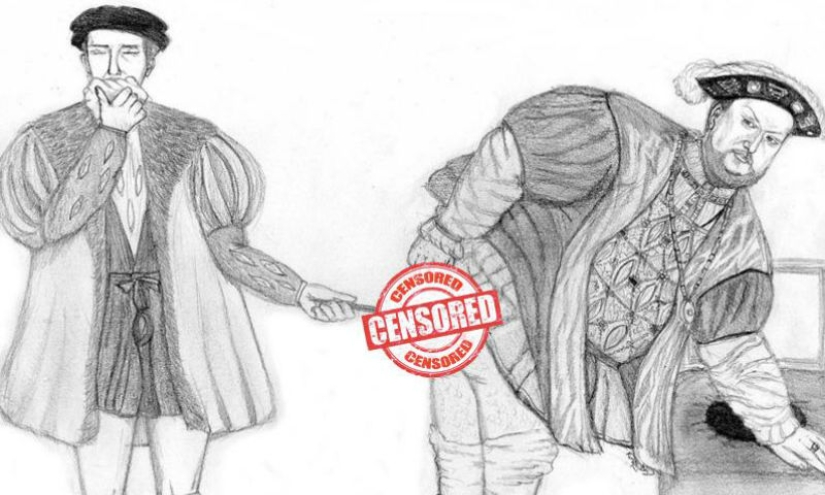
1. Whipping boy
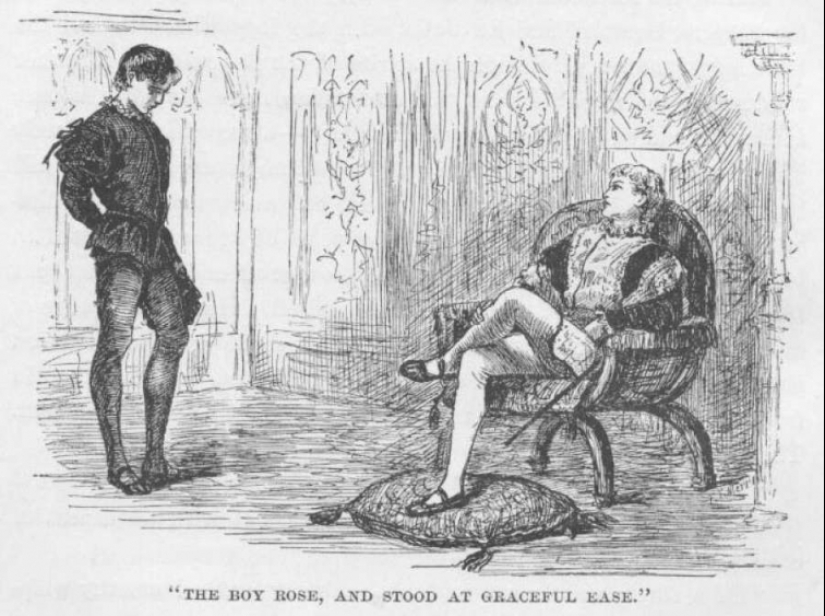
In the XV-XVI centuries in England, every prince was assigned a whipping boy. Only the monarch himself could punish the king's son, but due to the fact that he was rarely around, his deputy received slaps on the head and other joys for the naughty prince. It was assumed that the monarch's offspring became ashamed, because an innocent person suffered instead. Sometimes the work in this specialty brought considerable profits. For example, King Charles I, when he ascended the throne, made his whipping boy William Murray an earl.
2. Suknoval
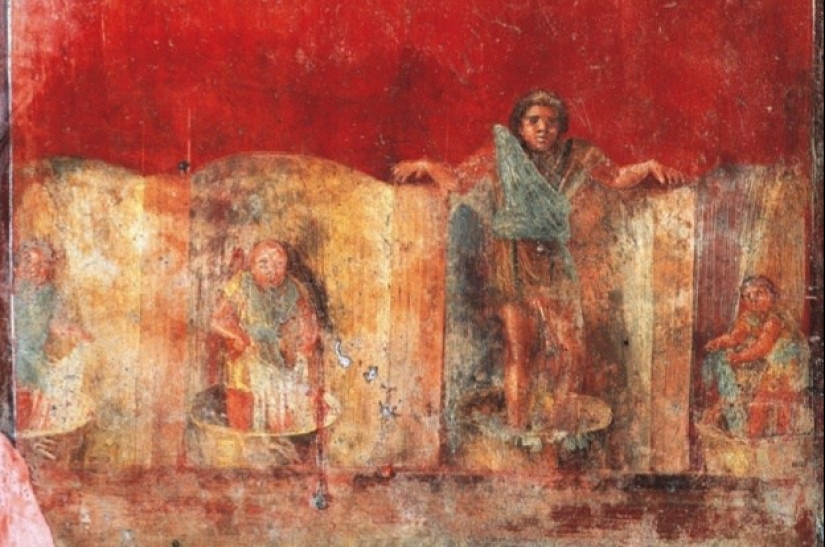
In Ancient Rome (and in medieval Europe, too), the fabric for the further manufacture of clothing was processed in a very original way. The cloth maker stood for days in a tub filled with water and alkaline chemicals, and tirelessly trampled on strips of cloth, removing excess substances. It would seem that nothing special, but there is a nuance. The most accessible alkaline solution was stagnant urine. Cloth makers collected it from the surrounding farms, and also put up special containers near their homes so that passers-by could replenish their supplies.
3. Court stylist
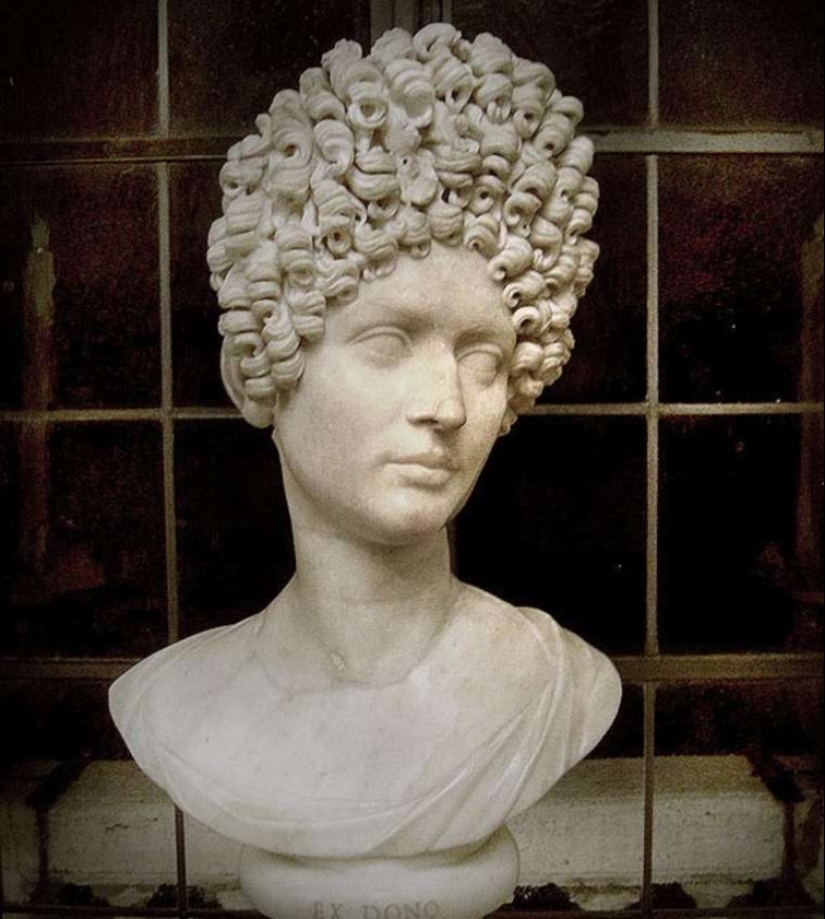
How hard the life of a cloth maker was, the ancient Roman slave maids who knew the technique of hair styling knew best. Not only did they spend hours making curls on the heads of their mistresses, but they also had to deal with poorly processed ingredients. They made hairsprays from a mixture of rotten leeches, squid ink, pigeon droppings, and, of course, urine.
4. The Leech Collector
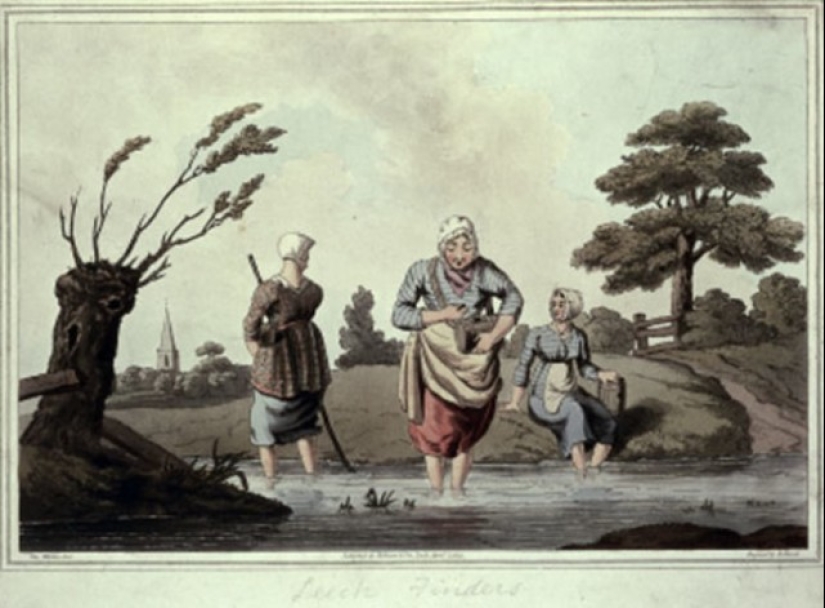
If we are talking about leeches, we can not ignore another wonderful profession. The more the doctors ' faith in the healing properties of bloodletting grew, the more popular leeches became. They were considered a panacea for almost any disease. Accordingly, the profession of collecting these creatures became fashionable. Usually, they used their own feet as bait. Experts wandered through the swampy ponds, unhooking leeches from their ankles as they drank blood. Nothing complicated! However, from time to time, the hunters lost consciousness due to the heavy loss of blood.
5. The body snatcher
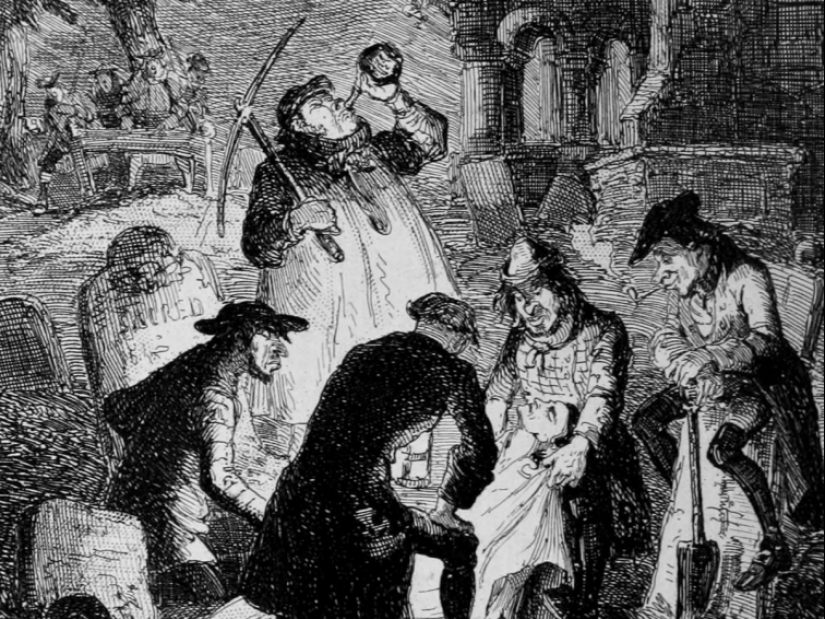
The doctors needed not only leeches, but also corpses to study how things worked there. And in the old days, the church did not allow autopsies. Therefore, careless people traded in the fact that under the cover of night, by order of a doctor friend, they exhumed the bodies of dead compatriots. This profession existed until the end of the XIX century and caused violent protests.
6. The right woman and the courtier at the ship
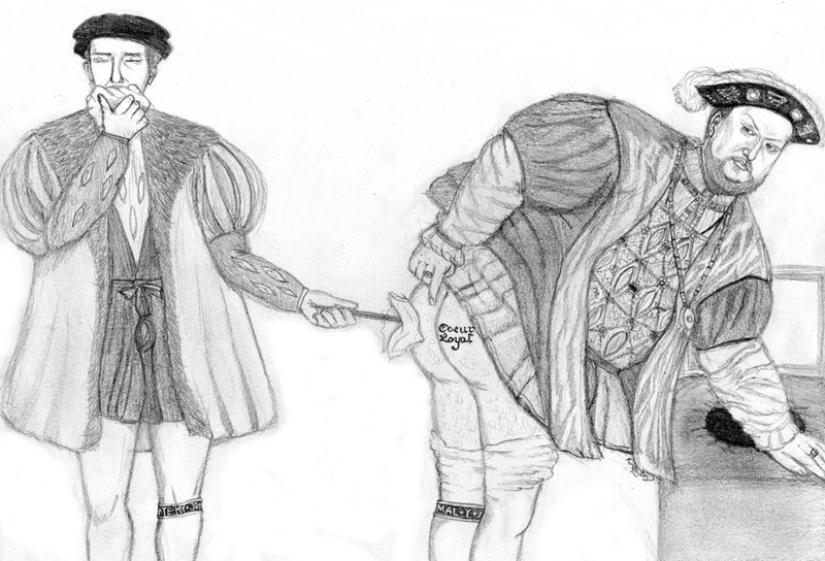
To ensure that the British autocrats emptied the intestines in comfortable conditions, followed by a team of professionals. A specially trained woman was ready to throw away the contents of the pot at any time of the day or night and thoroughly wash it. There was no career growth, but the pay was good.
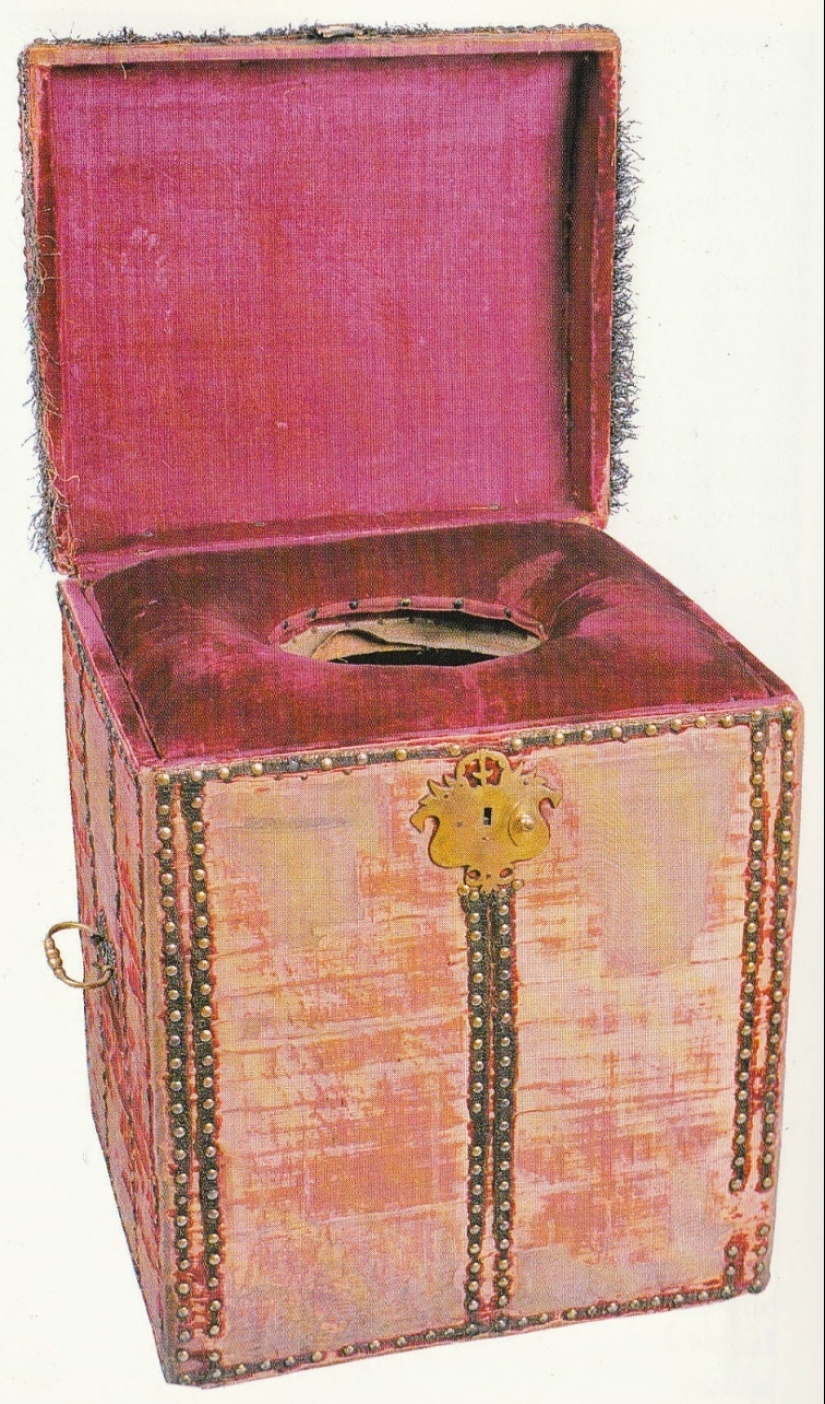
Much more prestigious was the position of a courtier at the royal ship. It was founded by Henry VI, when he had a novelty at his disposal — a chair with a built-in pot. The courtier everywhere carried the prototype of the toilet behind His Majesty, was responsible for the availability of water and towels. To be always on the alert, he kept track of the monarch's diet, predicting his schedule and planning his day accordingly. The chair manager had virtually uninterrupted and, in fact, intimate access to the king, which automatically elevated him above almost all other courtiers.
7. Armpit Plucker
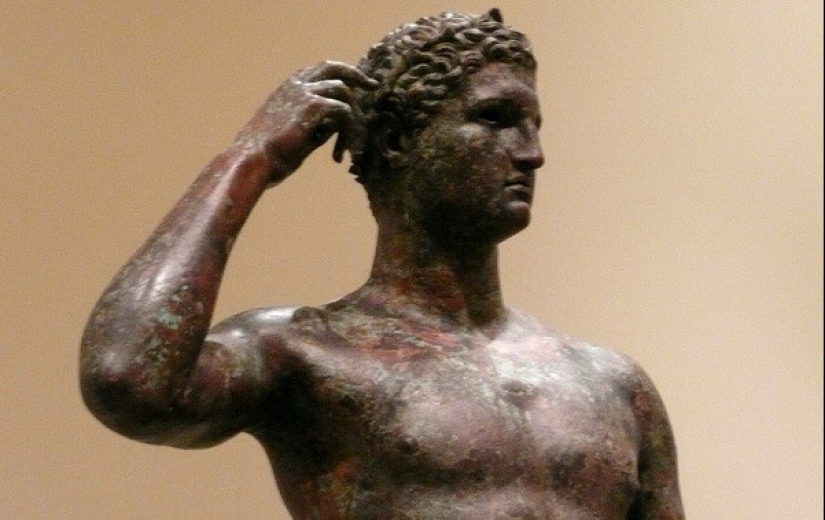
The desire to get rid of excess body hair is not a new trend. Smooth skin was considered an essential attribute of a handsome man in ancient Rome. The aristocrats trusted their servants to keep their armpits and other areas of the body clean. Most often they used bronze tweezers, but sometimes they resorted to alternative methods. For example, they smeared the armpits with special substances in the hope that the hair would fall out by itself.
Keywords: Work | History | Professions | Middle ages | Antiquity | Monarchy
Post News ArticleRecent articles

It's high time to admit that this whole hipster idea has gone too far. The concept has become so popular that even restaurants have ...

There is a perception that people only use 10% of their brain potential. But the heroes of our review, apparently, found a way to ...
Related articles

Many believe that cats are essentially idlers, spending their days in idleness, games and gluttony. But in fact this is not the ...

In the fall of 1972, Bill Yates traveled through the countryside in the vicinity of Tampa, Florida. At that time, he was studying ...

When a person is in a life-threatening situation is awful, but even worse when it happens to a child. 11-year-old American Terry ...

New Year's is a time to surprise and delight loved ones not only with gifts but also with a unique presentation of the holiday ...